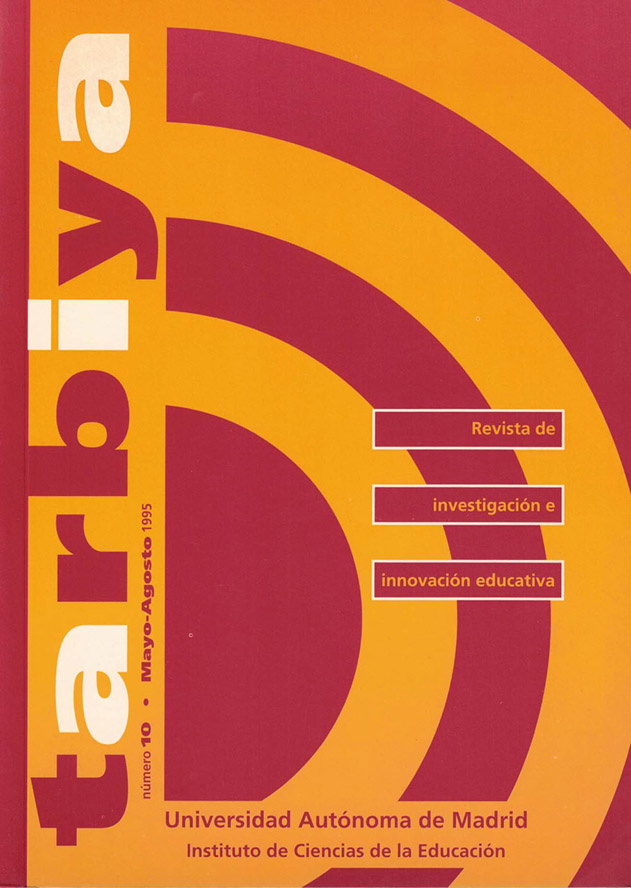Palabras clave:
Memoria, Inteligencia, Aprendizaje, ÉticaResumen
El ser humano posee una memoria inteligente. Es decir, puede dirigir y controlar, parcialmente al menos, las operaciones de aprendizaje y evocación. La memoria no es sólo almacenamiento de información, sino que interviene en los procesos que asimilan información. Además, es un conjunto de habilidades, destrezas o hábitos, lo que la convierte también en un sistema de producción de ocurrencias. La tarea educativa consiste en la construcción de una memoria inteligente personal. El carácter, por ejemplo, es una manifestación conductual, profundamente influida por los sistemas de memoria. El proyecto de construcción de una memoria personal tiene que ser evaluado en diversos niveles atendiendo a la edad, la situación histórica, los intereses del niño, los conocimientos científicos y los hábitos operativos que parezcan necesarios. Sin embargo, la última evaluación ha de ser ética.
Descargas
Citas
DONALD, M. (1993): Precis of Origins of the modern mind: Three stages in the evolution of culture and cognition. Behavioral and Brain Sciences, 15, 737-791.
HANK, R.C. (1987): En D.A. Norman, Perspectivas de la ciencia cognitiva. Barcelona: Paidós.
KARMILOFF-SMITH, A. (1994): Mas allá de la modularidad. Madrid: Alianza.
MARINA, J.A. (1993): Teoría de la inteligencia creadora. Barcelona: Anagrama.
ROZIN, P. (1976): The evolution of intelligence and access to the cognitive unconscious. Progress in Psychobiological and Physiological Psychology, 6, 245-280.
RUIZ VARGAS, J.M. (1991): Psicología de la memoria. Madrid: Alianza.
RUIZ VARGAS, J.M. (1994): La memoria humana. Madrid: Alianza.
SEJNOWSJI (1986): Open question about computation in cerebral cortex. En J.L. McClelland y D.E. Rumelhart (ed.), Pararell distributed processing, Vol. 2. Cambridge, Mass: The MIT Press.
SLOBODA, J.A. (1985): The Musical Mind. Oxford: Clarendon Press.
TESLER, L.G. (1984): Lenguajes de programación. Investigación y Ciencia, 98, (1984).
WERTSCH, J.V. (1988): Vigotsky y la formación social de la mente. Barcelona: Paidós.

